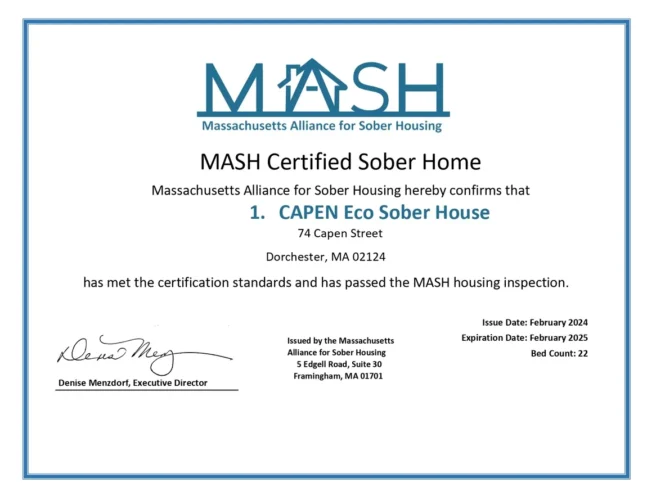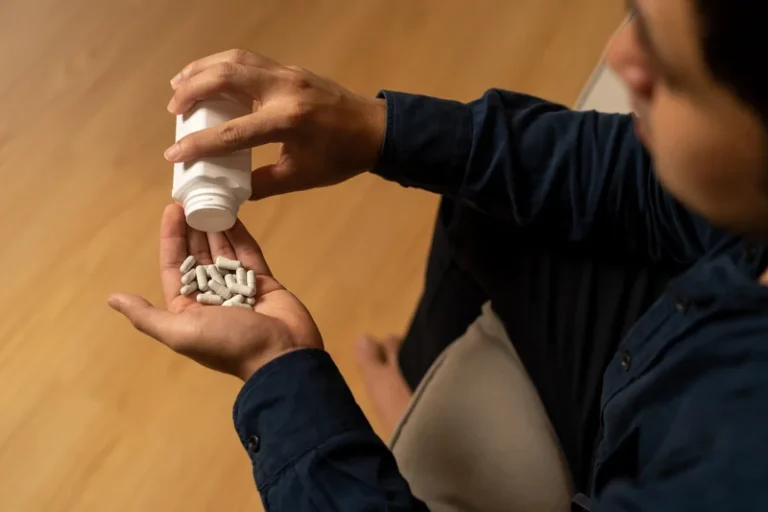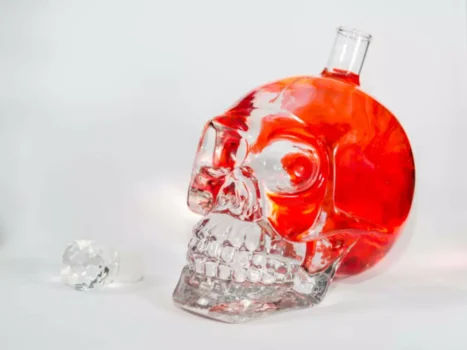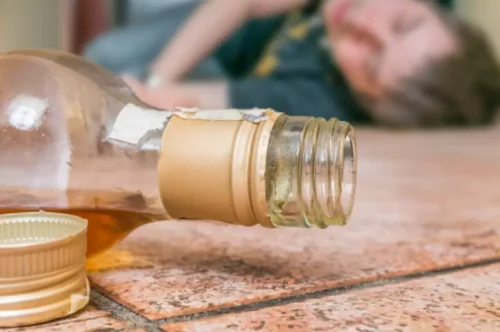
Addiction is a “chronic, relapsing brain disorder,” meaning there is no known cure for addiction, unfortunately. Because it is a chronic disease, it requires ongoing treatment in order to help people remain in recovery. In this way, it is very similar to other types of diseases, such as asthma, diabetes and heart cycle of addiction disease. As an individual’s addiction progresses, their brain and body build a tolerance to the substance. Repeated ingestion and exposure to drugs or alcohol reduce the overall effect a substance has on the body. In turn, individuals may need to consume the substance in higher quantities each time it is used.
Risky Use & Dependence
Depending on the substance and method of use, individuals may face increased risk of heart disease, liver damage, respiratory issues, and infectious diseases. The physical effects of addiction can linger long after substance use has stopped, underscoring the importance of early intervention. As the brain adapts to the constant presence of a drug, it begins to compensate.
Staying Healthy
Understanding them, however, and their potential influence on drug or drinking habits can help prevent substance use from becoming a problem in a person’s life. Addictive behaviors take their toll on your mind and body, so it’s a great idea to pay extra attention to your physical health. Do physical exercises for at least 30 minutes each day or go for a daily run. You can register at your local gym or join an amateur sports league to allow you to interact with other people as you exercise. The first thing you want to do is to recognize that addiction is a disease that requires decisive action.

Consider reframing your shame
The changes can endure long after a person stops consuming alcohol, and can contribute to relapse in drinking. Certain behaviors trigger and lead you to engage in a particular addictive behavior. You need to substitute such behaviors with positive habits that help you remain calm and prevent spiraling back into the addiction cycle. No matter how strong your willpower is, it’s easy to relapse into an addiction cycle if you don’t have a support system. And because it’s hard to recover by yourself from an addiction, you should consider getting help in this journey where you’re trying to recover from specific addictive behavior.
- If you want to avoid these relapses, you need to learn effective ways that can help you quit the addictive behavior for good.
- Depending on the individual’s situation, their family members and friends may also need to go for some form of counseling.
- Addictive substances or activities cause an intense, enjoyable feeling, creating a powerful urge to experience those feelings again.
- Healthy habits are just like any other habit, they require investment, effort, and routine.
- Dreams and ambitions are put on hold or abandoned entirely as the addiction takes center stage.
- Triggers could be stress, an argument, or being around people who use the substance of choice or engage in the same addictive activity.
Breaking The Cycle Of Intergenerational Addiction

Having a parent, sibling, or another family member with a history of substance abuse can increase a person’s risk for developing substance use disorder. Breaking the cycle of addiction in families is possible through prevention, honesty with oneself, and seeking help when and if substance use does become a problem. The contemplation stage is characterized by a readiness to change sometime in the future but not immediately. A person in the contemplation stage understands the benefits of living drug-free, but they still enjoy the pleasure their addiction brings.
This can be incredibly challenging, as denial is a powerful force in addiction. Sometimes it takes a moment of clarity, a wake-up call, or the intervention of loved ones to pierce through the fog of denial and see the reality of the situation. Perhaps one of the most insidious effects of addiction is the way it derails life plans and stunts personal growth. Dreams and ambitions are put on hold or abandoned entirely as the addiction takes center stage. The loss of potential – what could have been if not for the addiction – is a tragedy that’s hard to quantify but deeply felt by those in recovery. Addiction doesn’t just affect the individual using substances – its impacts ripple outward, touching every aspect of a person’s life and the lives of those around them.
Why Are Drugs Difficult to Quit?
Seeing a loved one struggle with an addiction can leave a lasting impression and impact your life in ways you may not realize. Instead of trying to erase painful memories, you should https://ecosoberhouse.com/ seek the professional guidance of a counselor. Different people feel ashamed because of different reasons, and what triggers shame in one person might not trigger shame in the next.


There are three ways to “bind” yourself from – or place limits on – the behavior to which you’re addicted. Employing these strategies can help you enjoy some version of that behavior without letting it take over. If you feel that any of our content is inaccurate, out-of-date, or otherwise questionable, please contact at If you observe a couple of these signs in a loved one, they may be hiding an addiction, and you may need to encourage them to seek help. Xanax is a benzodiazepine that is often used to treat conditions such as anxiety, insomnia, and panic disorders.
